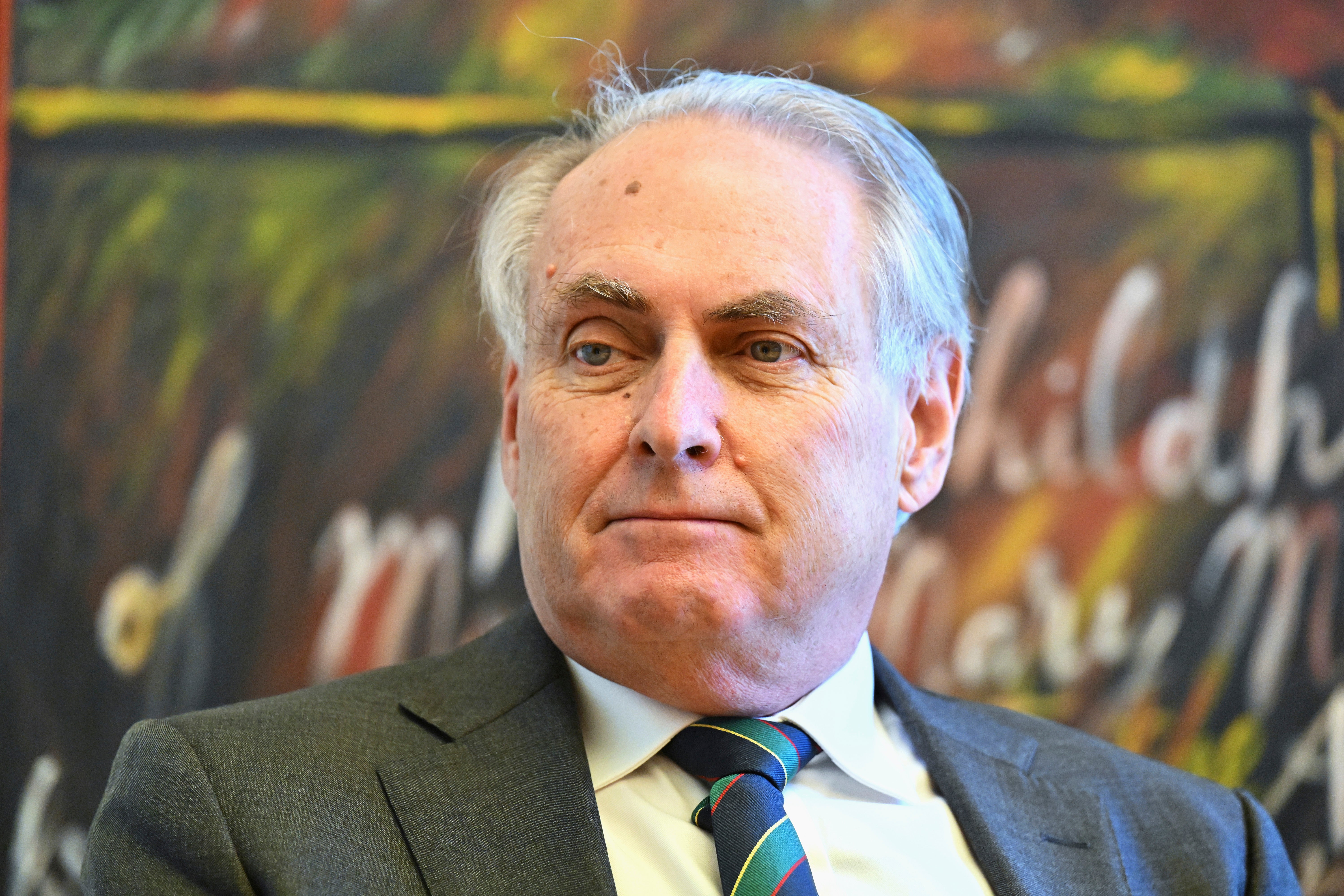Australian trade minister visits China as part of joint efforts to repair ties
Australian Trade and Tourism Minister Don Farrell is visiting China as part of a joint effort to repair ties scarred by political rifts over the past decade

Your support helps us to tell the story
From reproductive rights to climate change to Big Tech, The Independent is on the ground when the story is developing. Whether it's investigating the financials of Elon Musk's pro-Trump PAC or producing our latest documentary, 'The A Word', which shines a light on the American women fighting for reproductive rights, we know how important it is to parse out the facts from the messaging.
At such a critical moment in US history, we need reporters on the ground. Your donation allows us to keep sending journalists to speak to both sides of the story.
The Independent is trusted by Americans across the entire political spectrum. And unlike many other quality news outlets, we choose not to lock Americans out of our reporting and analysis with paywalls. We believe quality journalism should be available to everyone, paid for by those who can afford it.
Your support makes all the difference.Australian Trade and Tourism Minister Don Farrell visited China on Thursday as part of a joint effort to repair ties scarred by political rifts over the past decade.
In a statement issued by his office, Farrell said he would be “advocating strongly for the full resumption of unimpeded Australian exports to China.”
China is Australia’s biggest trading partner, with two-way exchanges totaling $287 billion in 2022. China recently resumed imports of coal, cotton and copper from Australia after a lengthy unannounced trade embargo.
Farrell said he would push for a review of tariffs on Australian barley and represent “the interests of Australian exporters and producers.”
China blocked such exports in retaliation for government actions targeting Beijing’s alleged interference in Australian elections, civic life and the large Australian-Chinese community.
Despite improvements in economic relations, ties between the two remain tense.
In April, Australian Foreign Minister Penny Wong said bilateral relations were unlikely to return to the level of the early 2000s, when trade was separated from political and strategic priorities.
Since then, Australia has expanded security cooperation with the United States, China's main rival for influence in the Asia-Pacific region.
Beijing has strongly criticized Australia's participation in the so-called AUKUS partnership, linking it with the United States and Britain to create an Australian fleet of eight submarines powered by U.S. nuclear technology, largely in response to China's growing military assertiveness in the South China Sea, the South Pacific and the East China Sea.
Australian Prime Minister Anthony Albanese will host U.S. President Joe Biden and the leaders of India and Japan — countries with which China maintains active border disputes — for a May 24 summit of leaders of the so-called Quad nations.
Australia has also blocked the sale of assets, including critical infrastructure, to Chinese companies on national security grounds in recent years.
Farrell said he would meet with Chinese Commerce Minister Wang Wentao following a commitment in February to improve dialogue “at all levels as a pathway towards the full resumption of trade.”
“Since then, the Australian Government is pleased there have been several positive trade developments,” his office quoted him as saying.